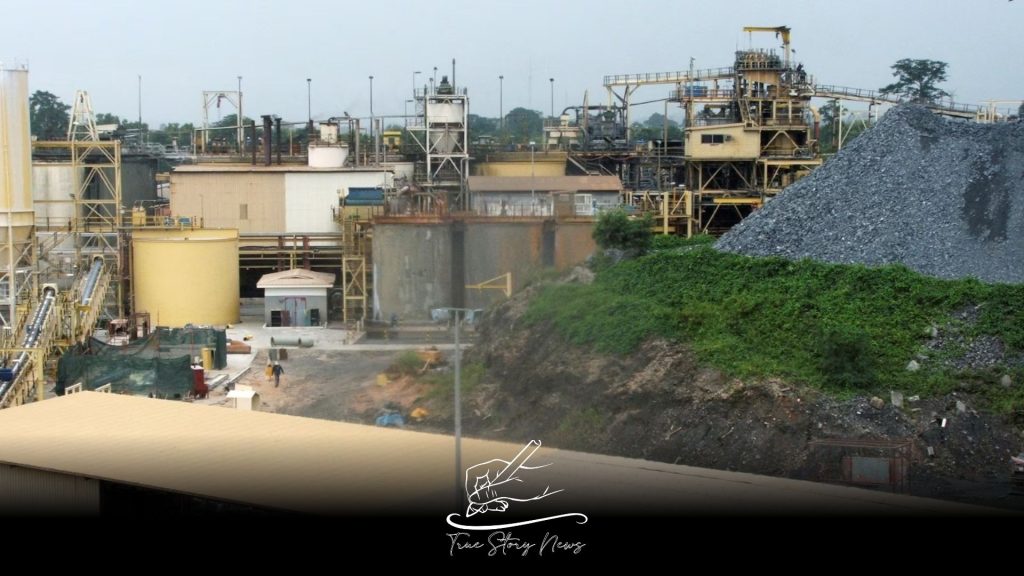According to the army, a clash with soldiers on duty at a mine in the central Ashanti region has resulted in the deaths of at least seven individuals.
The Ghana Armed Forces reported that approximately 60 illegal miners breached the security of a mine operated by global leader AngloGold Ashanti, opening fire on soldiers who attempted to intervene.
The statement indicated that the soldiers acted “to retaliate in self-defence,” resulting in fatalities and injuries.
A spokesperson for the miners refuted claims that they were armed.
In the wake of the fatalities, protests erupted in Obuasi town, resulting in several buses being set ablaze.
In a dramatic display of outrage, residents descended upon the company’s premises in the aftermath of the killings, setting fire to at least three vehicles and various pieces of equipment associated with the firm.
President John Mahama has initiated investigations into the issue, asserting that those who have acted unlawfully will face justice.
The presidency has confirmed that eight individuals have lost their lives.
Ghana’s gold rush is leading to a significant environmental crisis, with experts warning that the nation is inadvertently harming its ecosystem.
The government has directed AngloGold Ashanti to pay the medical expenses of the injured and cover burial costs. Additionally, security agencies have been instructed to maintain peace in the region.
AngloGold Ashanti reported that the situation has stabilised and that the company is collaborating closely with the authorities.
The organisation expressed that its primary focus was “the safety and health of our employees and those in our community” impacted by the incident.
Kofi Adams, the local chairman of the Ghana National Association of Small-Scale Miners, expressed to Reuters that the violence witnessed was “unprecedented.”
He reported that nine individuals had lost their lives and 14 others were severely injured, expressing that it was “difficult to understand why it had happened.”
Historically, he noted, warning shots have been discharged to deter intruders. He contested the military’s claim that the populace had been armed.
The military reported that the “illegal miners were armed with locally manufactured rifles, pump action guns,” along with other types of weaponry. The statement emphasised a commitment to self-defence, asserting the necessity to protect innocent civilians and property, which may involve the use of lethal force.
Tensions have arisen between AngloGold Ashanti and residents, who allege that the company exploits mineral resources while failing to contribute significantly to the area’s development or create employment opportunities.
Local small-scale mining associations have expressed their desire to acquire some of the mining concessions held by the company.
The company maintains that it has made significant contributions to the local communities.
On Monday, several schools operated by the company in the region declared a two-day closure in response to the recent disturbances.
The ongoing tensions between security officers and mining communities have a history, but recent economic challenges have intensified these conflicts.
Ghana is facing its most severe economic crisis in a generation, characterised by soaring public debt, rampant inflation, and rising unemployment rates.
In the ongoing economic crisis, small-scale mining activities have surged, with particular concern surrounding unregulated sites alleged to inflict significant environmental harm.













